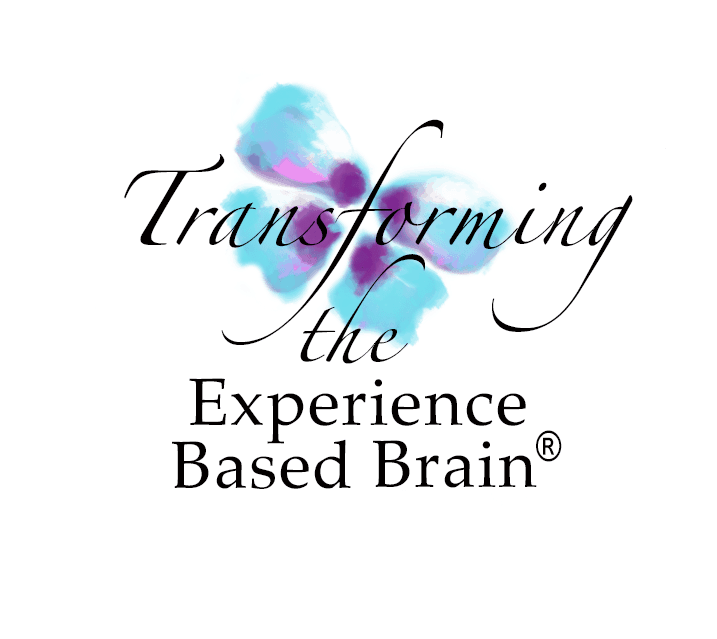He is experience as a clinician and single parent of two adopted sons, along with his understanding of the ACE (Adverse Childhood Experience) study- a highly recognized study on Developmental Trauma, that Terrell came to the realization that there needed to be a way to reach non-verbal, or early developmental trauma, without spoken language. Out of this realization he developed Transforming Touch® and a training program designed for understanding and healing developmental trauma: “Transforming the Experience-Based Brain: A Regulation-Based Approach to Working Developmental Trauma”.
“Transforming the Experience-Based Brain” training program is offered across the US and internationally. Students come from all walks of life to learn about Developmental Trauma through a new lens. This new lens includes working with primitive reflexes, learning the language of early trauma, working with physiological regulation, understanding the neuro sequential development of the brain, working with survival parts, understanding attachment in the somatic relationship, and more.
Terrell is also the co-developer of another Developmental Trauma training program with Kathy Kain: “Somatic Resilience and Regulation”. This training program is a combination of both of their years of experience as clinicians in the field of Developmental Trauma. Like Transforming the Experienced-Based Brain, it is targeted at those working with Developmental Trauma, but for clinicians seeking both a deepening and broadening of their developmental trauma understanding beyond Touch Skills for Trauma (Kathy Kain) and Transforming the Experienced-Based Brain. The program, which has been highly successful with ongoing wait lists, led to the writing of their book: “Nurturing Resilience: Helping Clients Move Forward from Developmental Trauma”.
Terrell’s background and training began with a Rogerian Approach which involves active listening skills. He continues to incorporate this approach in his work in addition to his training in Somatic Experiencing®, Eye Movement Desensitization and Reprocessing (EMDR), Touch Training for Therapists, Didactic Developmental Psychotherapy, and EMDR for Adopted Children. Terrell combines all his training experiences to see the client holistically (Mind, Body, Psychologically, and Spiritually).
In addition, to being a Healer, Teacher, and Author, Terrell sees clients at Austin Attachment and Counseling Center in Austin, Texas. He founded this center over 20 years ago for the treatment of Developmental Trauma and Adoption related issues. Terrell sees clients under his license as a professional counselor in Texas. This license was granted after receiving his Master’s Degree in Counseling from Texas A&M University-Corpus Christi and meeting all requirements by the State of Texas. In 2002, Terrell attended California Coast University and completed his Doctorate in Psychology, further deepening his knowledge and understanding of developmental trauma.
